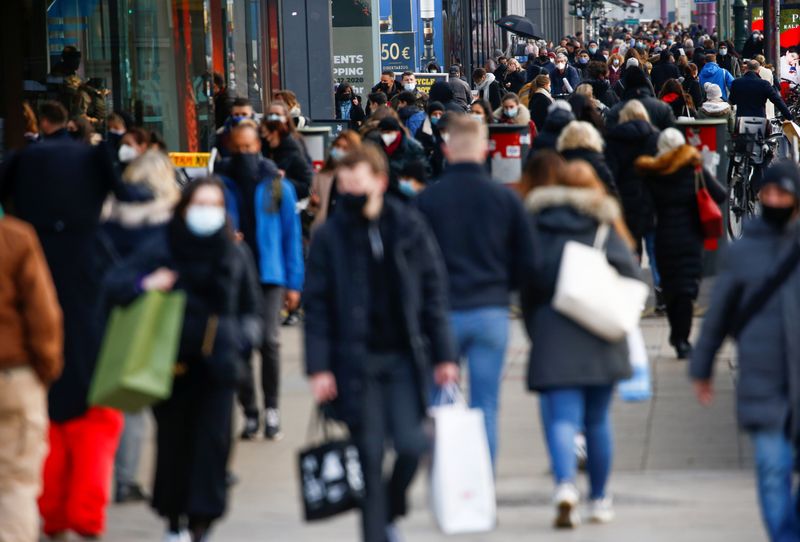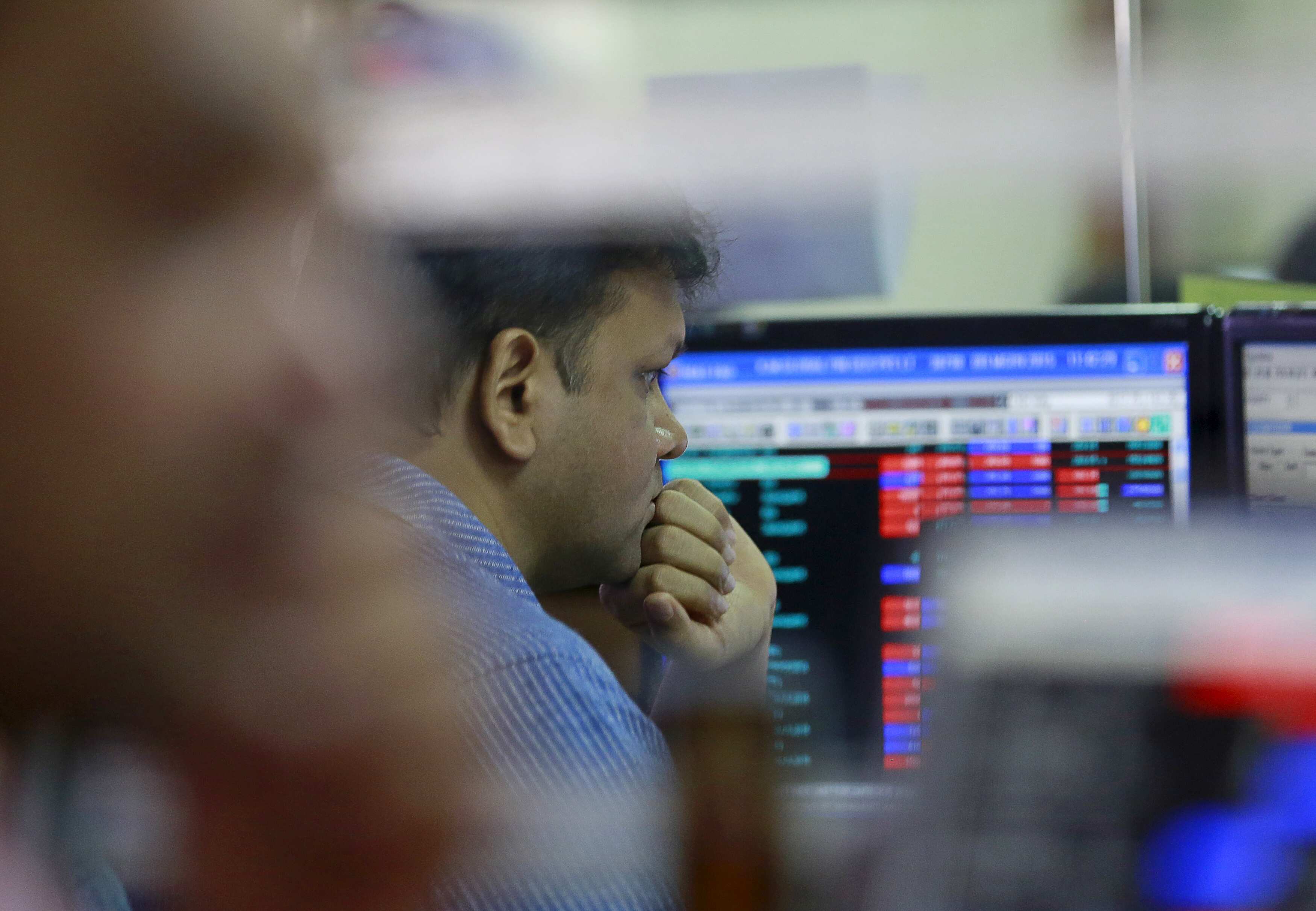[ad_1]

© Reuters. FILE PHOTO: Individuals cross by the Europa-Heart shopping center, amid the coronavirus illness (COVID-19) pandemic in Berlin, Germany, December 14, 2020. REUTERS/Michele Tantussi
BERLIN (Reuters) – The German economic system was in recession in early 2023 after households spending in Europe’s financial engine lastly succumbed to the strain of excessive inflation.
Gross home product fell by 0.3% within the first quarter of the yr when adjusted for value and calendar results, a second estimate from the statistics workplace confirmed on Thursday. This follows a decline of 0.5% within the fourth quarter of 2022. A recession is usually outlined as two successive quarters of contraction.
German GDP information confirmed “surprisingly unfavourable alerts,” Finance Minister Christian Lindner mentioned on Thursday. He added that evaluating Germany with different extremely developed economies, the economic system was dropping potential for development.
“I do not need Germany to play in a league wherein we have now to relegate ourselves to the final positions,” he mentioned, referring to the forecasts of the Worldwide Financial Fund, which forecast a recession in 2023 solely in Germany and Britain amongst European international locations.
“Underneath the burden of immense inflation, the German shopper has fallen to his knees, dragging your complete economic system down with him,” Andreas Scheuerle, an analyst at DekaBank, mentioned.
Family consumption was down 1.2% quarter-on-quarter after value, seasonal and calendar changes. Authorities spending additionally decreased considerably by 4.9% on the quarter.
“The nice and cozy winter climate, a rebound in industrial exercise, helped by the Chinese language reopening, and an easing of provide chain frictions, weren’t sufficient to get the economic system out of the recessionary hazard zone,” ING’s world head of macro Carsten Brzeski mentioned.
Against this, funding was up within the first three months of the yr, following a weak second half of 2022. Funding in equipment and tools elevated by 3.2% in contrast with the earlier quarter, whereas funding in development went up 3.9% on quarter.
There have been additionally optimistic contributions from commerce. Exports rose 0.4%, whereas imports fell 0.9%.
“The large rise in power costs took its toll within the winter half-year,” Commerzbank (ETR:)’s chief economist Joerg Kraemer mentioned.
A recession couldn’t be prevented and now the query is whether or not there will probably be any restoration within the second half of the yr.
“Wanting past the primary quarter, the optimism in the beginning of the yr appears to have given technique to extra of a way of actuality,” ING’s Brzeski mentioned.
A drop in buying energy, thinned-out industrial order books, aggressive financial coverage tightening, and the anticipated slowdown of the U.S. economic system, all argue in favour of weak financial exercise.
Following Wednesday’s decline within the Ifo enterprise local weather, all key main indicators within the manufacturing sector at the moment are falling, Kraemer from Commerzbank mentioned.
The German Bundesbank, nevertheless, expects the economic system to develop modestly within the second quarter as a rebound in trade greater than offsets stagnating family consumption and a stoop in development, in line with a month-to-month economic system report printed on Wednesday.
[ad_2]
Source link







